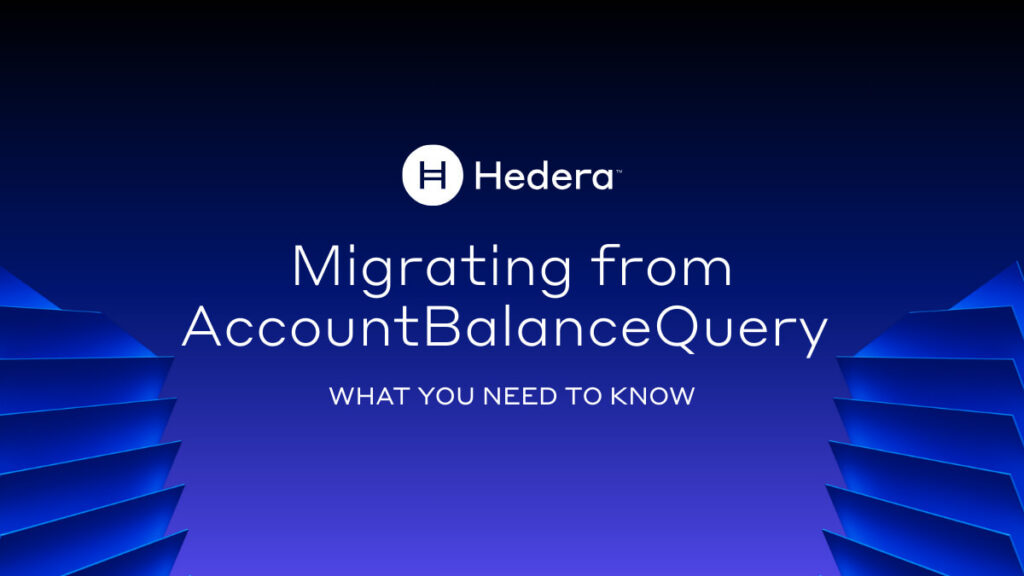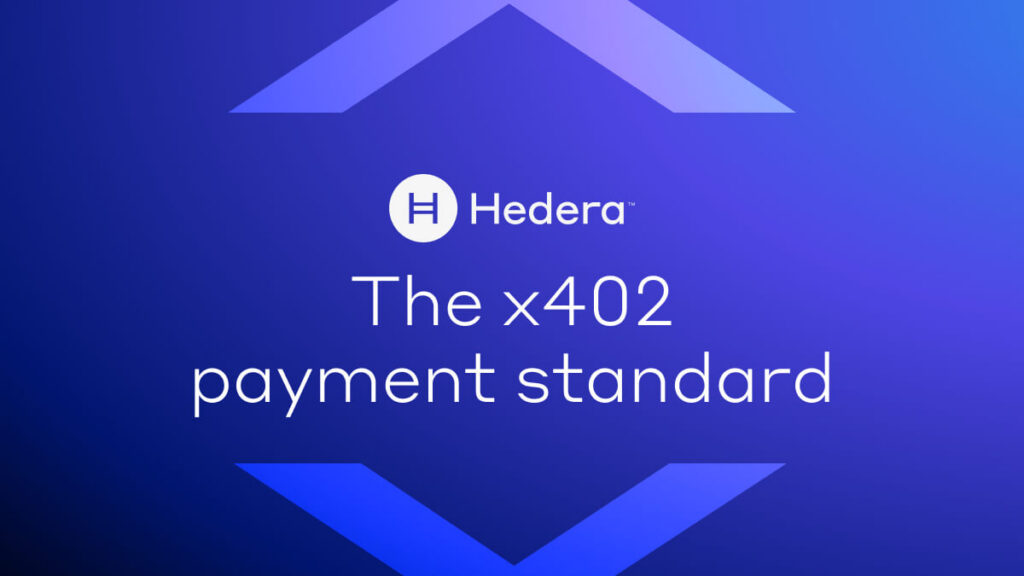Hedera Consensus Service is a wonderfully flexible developer tool. Today we’re excited to share an update on one of the use cases we think is the most game-changing – serving as a consensus mechanism for permissioned blockchain networks.
This starts by providing a solution to act as a decentralized ordering service for Hyperledger Fabric or notary in Corda networks. The open source code for both plug-ins is available as a developer preview today. And we’re thrilled to have the Hyperledger Fabric plug-in as a Hyperledger Lab.
- Hyperledger Fabric plug-in (GitHub)
- Getting started with Hyperledger Fabric and HCS (Docs)
- Corda plug-in (GitHub)
- Corda demo (GitHub)
Bringing Public DLT to the Enterprise
Enterprises have invested significantly to explore the appropriate use cases of distributed ledger technologies. They leverage mature software platforms which provide the operational, development, and governance tools to focus on the business requirements around their use case.
This justified focus on use cases intentionally begins with more centralized architectures. Businesses want to understand the application before fully decentralized deployment.
The Hedera Consensus Service provides a bridge to these organizations by providing an operational, decentralized, consensus engine with high performance on the Hedera mainnet that can be leveraged by any permissioned enterprise network for a specific use case.
In this model, organizations will realize the following benefits when connecting their permissioned network to the Hedera Consensus Service:
- Fully decentralized, ABFT ordering of transactions which cannot be manipulated or crash due to the actions of any small group of actors.
- Reduced governance and operational overhead of a per-network custom ordering service.
- Universal consensus timestamps enabling easier interconnectivity between networks.
- Transaction throughput scaling to thousands of transactions per second.
- Per-transaction pricing efficiently scaling across the network.
Hyperledger Fabric
Hyperledger Fabric has been deployed in hundreds of applications including use by 30 of the Forbes Blockchain 50. Organizations are attracted to its tooling, modularity, and support by multiple technology vendors.
The tradeoff to Hyperledger Fabric’s multi-purpose nature is that deployment of a network requires custom configuration from application UI down to the gossip between nodes. The Hedera Consensus Service leverages the pluggability of consensus in Fabric to connect a network to the Hedera mainnet as the ordering engine of transactions. In doing so application builders can continue to focus on the use case and its associated business value while building on a decentralized foundation.
The developer preview of the Pluggable Hedera Consensus Service Hyperledger Lab showcases this feature by deploying a Fabric network with multiple organizations, peers, and orderers with transaction ordering provided by the Hedera Consensus Service. The Fabric network can be deployed locally or in any cloud environment while connecting to the Hedera public testnet or mainnet.
Corda
Similar to Hyperledger Fabric, R3’s Corda provides a suite of tooling for leveraging distributed ledger technology for a specific use case. In the Corda architecture, “notaries” are used to validate transactions. The validation may include validation of the transactional data, but will always include validation that a given state has not been consumed before, therefore preventing double spending.
Typically applications leverage a single notary to validate a given transaction type. This exposes the application to malicious or accidental outage of the notary. Even when deploying multiple notaries the validation for a given transaction to an individual notary which has the information to determine if the state has been consumed before.
A Corda network can now use the Hedera Consensus Service to provide an order of consumed states to all notaries in the network. In doing so the network will now have a tamper proof log of messages which allow each notary to stay in sync with consumed states while preserving the private nature of the networks data.The Corda HCS plug-in is available in developer preview alongside a full demo.
What’s next
These plug-ins represent the next step in our journey of delivering the value of decentralized technology at scale across applications and industries. We are continuing to work with application builders and community members using Hyperledger Fabric and Corda to harden our plug-ins, accept contributions, and support usage in PoC development and eventually production.
We are also exploring supporting integrations into other permissioned distributed ledger technologies including: Hyperledger Avalon, Quorum, and others. We will continue to be driven by user requirements and production users to validate this strategy.
To better understand the tradeoffs and benefits of using HCS alongside a permissioned network view the recent presentation, Building Applications with Hedera Consensus Service.





